If you have $160,000 or so and want to learn photography, then you can skip this post. Just head to Rhode Island, enroll in the School of Design (or another prestigious art school), and, in about four years, your photography will rock.
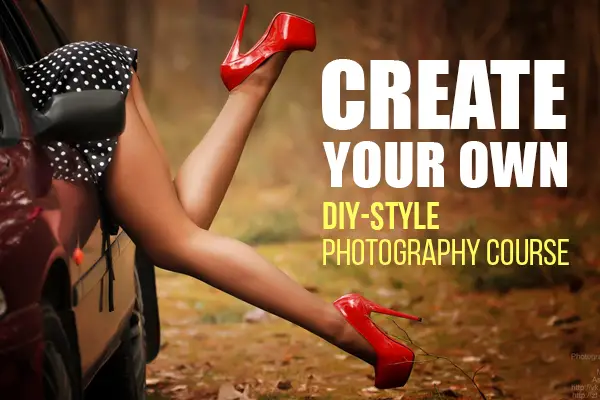
It had better, right? 😉
Fortunately, with the Internet, you have accessible and inexpensive (or free) ways to educate yourself at your fingertips. Stanford and MIT are just a couple prestigious schools with free photography courses online. There are countless more, though, not to mention the thousands of tutorials, articles and communities dedicated to photography.
For some people, the freedom, independence and creativity of self-learning will be exactly the education they need to be the photographer of their dreams. For others, getting a formal degree in photography is the way to go. The structure, access to experts and supportive community will best suit their growth.
Teaching yourself is challenging. There’s uncertainty, lack of support, and you might develop blind spots. Maybe all art schools aren’t outdated, and maybe going to RISD is the best way to learn.
But I know that, because of the Internet giving us access to so much information, someone could make the case that art school is a waste of money. You can now design your own course, thousands of free or inexpensive courses, tutorials, articles, and communities on the Internet – someone could make a case that going to art school is a waste of money!
Not that all art schools are outdated, but with thousands of free or inexpensive courses, tutorials, and articles available on the Internet, why bother?
Unless this is true.
If we teach today’s students as we taught yesterday’s, we rob them of tomorrow. -John Dewey
You can take free courses at Stanford. John Dewey, one of the most influential education thinkers, said this as a warning, and in the days of the Internet, it’s worth considering…is it worth going to art school?
It’s an interesting question whether a DIY education is better or worse than a structured art school education these days.
But by reading this article, I’ll assume you want to create your own photography course to educate yourself. Maybe you only have $47.38 in your bank account, like this guy (me). Or you have an idealistic vision of becoming a self-taught artist. Or you just don’t want someone else telling you what and how to learn. Then this post is for you.
It’s geared for ambitious photographers and those of us who dream of seeing our photographs hanging in the MoMA alongside the likes of masters like Henri-Cartier Bresson, Annie Lebovitz and Andreas Gursky. But you could still use these principles for a more casual photography course.
Afterwards, please take a minute and share your wisdom in the comments below (or read what others have shared).
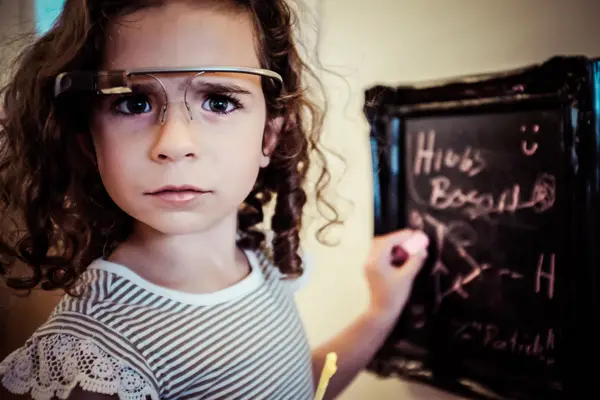
Before I became a writer, I was the director of an experiential education school. I helped at-risk teens get a fresh start in school and life. But I also learned something very important…how to learn.
I was looking back at my high school and college days, where I was memorizing a lot of stuff for tests. But often, I was left wondering, did I actually learn anything? Not that I cared at the time, but now I wonder, how much did I really learn, and why did it have to be so boring?
Since then, I’ve set about educating myself by using the Internet and getting out into the world.
Learning is more effective when it is an active rather than a passive process. – Euripides
I’ve taught myself to write. How to do adventure travel. And am teaching myself through my own photography & video course that I created.
While I’m passionate about helping people educate themselves, I know it’s not for everyone. For some people, the structure of an art school is beneficial. It’s actually a lot of work to stay on track with your own education, which is a challenge for a scatter-brained creative like me.
That’s why I’ve borrowed (okay, I stole it) a structure from another educational innovator, David Kolb.
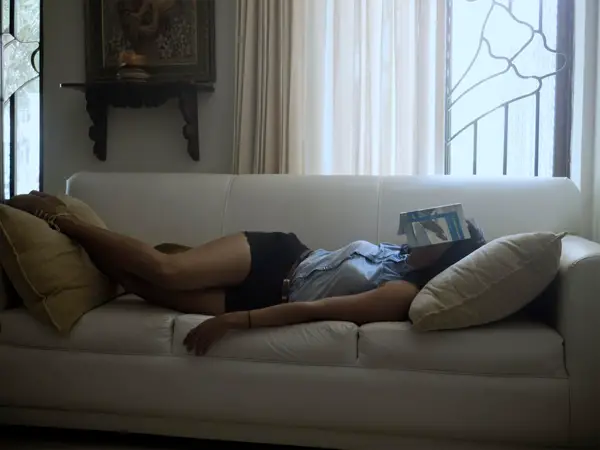
Sure, David Kolb’s Learning Cycle isn’t as interesting as a Kanye West song, as cute as the latest viral cat video, or as colorful as a David Cho graffiti mural. But if you use it well, you can teach yourself almost anything.
Kolb (also influenced by Dewey) found four stages to learn anything:
- Plan (Active Experimentation): You actively look for the best ideas to test and build upon. Read, study, plan, and complete tutorials.
- Do (Concrete Experiences): You grab your camera and go take photographs. Every experience can teach you something.
- Observe (Reflective Experiences): You take time to think about your experiences, give yourself feedback, and seek feedback from others. Sharing, comparing, contrasting, and connecting with other people is important in this stage.
- Think (Abstract Conceptualization): Then you form your own ideas, based on your observations and experiences. Often, it’s best to write them up or create something to publish your findings. This is like the homework stage.
When you’re creating your own photography course, you have to add each of these stages to your syllabus. Below, we’ll use the structure of these stages and give lots of specific actions you can use to plan your photography education.
I. Plan
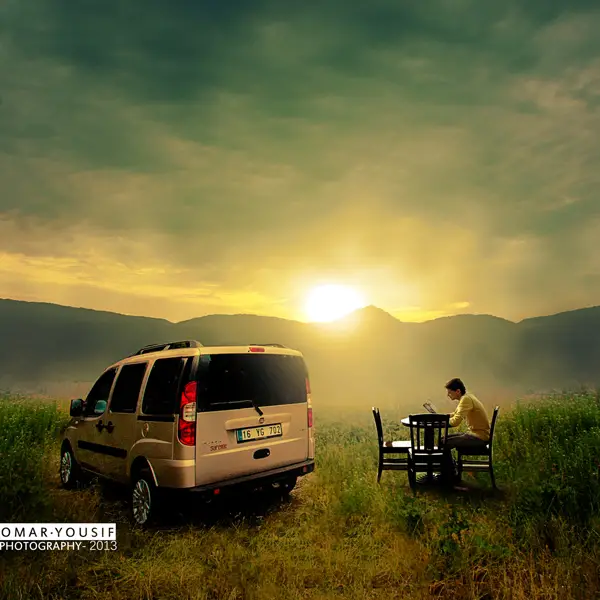
In order to make delicious food, you must eat delicious food. -Jiro from ‘Jiro Dreams of Sushi’
In the documentary, Jiro Dreams of Sushi, Jiro, the owner and head chef at one of the finest sushi restaurants in the world, talks about how he trains his apprentices to become sushi chefs. These apprentices train for years, his son’s been training his whole life to take over the business, and a key part of his training is to eat the most delicious sushi and ponder what makes sushi good and not good.
You need to know what good photographs look like. So you’ll need to look at a lot of photographs and read why people with experienced “eyes” have to say about them.
- Read photography books
- Read art books
- Visit art museums
- Take online courses
- The best free photography courses and tutorials
- Follow the best Instagram photographers
There are countless topics to choose from, such as:
- How to see
- Lighting
- Aperture and Shutter Speed
- Composition
II. Do
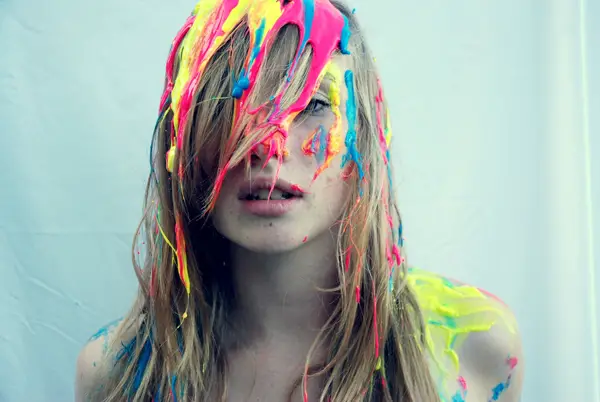
There is only one thing more painful than learning from experience and that is not learning from experience. – Archibald MacLeish
To get better at pulling teeth, dentists pull teeth, writers write and filmmakers make films.
To become a master at photography, then you need to take photographs. I suggest a daily photography practice. Yes, you’ll want to spend time working on your craft. But you don’t have to quit your job, leave your husband, or even ditch your buddies on the weekends. You can just bring your camera with you and be ready to shoot.
Warning: One benefit of going to art school is the wide education you’d receive. Even if you only wanted to take portraits, you’d still be shooting landscapes, night, street and other types that don’t fit exactly into your vision. This is one of the dangers of self-education. You will need to learn things that might be less interesting to you at first, in order to diversify your skills. Eventually, you can hone back to your own style, but using all these styles can help create a deeper and more complex style that isn’t so one-dimensional.
So switch it up, and try stuff that you never would.
III. Observe
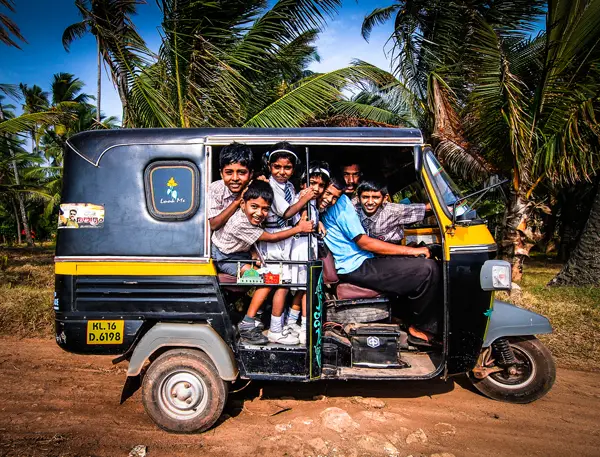
We do not learn from experience… we learn from reflecting on experience. -John Dewey
After a shoot, you’re wiped out. You’ve gotten the shot, and it’s easy to just push on to editing. But at some point you need to sit back and make observations. What did you learn? What was challenging? What did you do well? What could you improve on?
It can help to keep field notes as you shoot or even record voice memos on your smart phone, if you’re the forgetful type.
You’ll also want to surround yourself with people. Choosing the brightest minds, you could do more for your photography than almost anything else you could do.
It’s time to create your photography inner circle:
- Join a meetup. Making friends with other photographers can be challenging, which is why meetups can be so beneficial. Find one in your area.
- Join an online group: Using Flickr, 500px, Instagram, Meetup.com or another service.
- Find a mentor. Find a photographer in your area, make friends, and be helpful. That’s the best way to find a mentor. That and a lot of hustle. It’s worth it to have someone to ask questions, learn from, and watch in action.
- Mentor with a master. It’ll probably take some time to find an in-person mentor, but you can start ‘mentoring’ with a master today. Choose your favorite photographer, and make it your business to become an expert on him or her. Look at all his photos, track down his inspirations, and study his biography. There’s lots to learn following one person, even if you never meet this person.
- Join or start a photography mastermind. You want trusted, ambitious, and long-term groups of peers at your side during this education. People who’ll tell you the truth, but won’t tear you down. People who’ll support you through the ups and downs. The best way to start is to start being this to other people. Look at your friends now and see if you can start building your partnership.
IV. Think
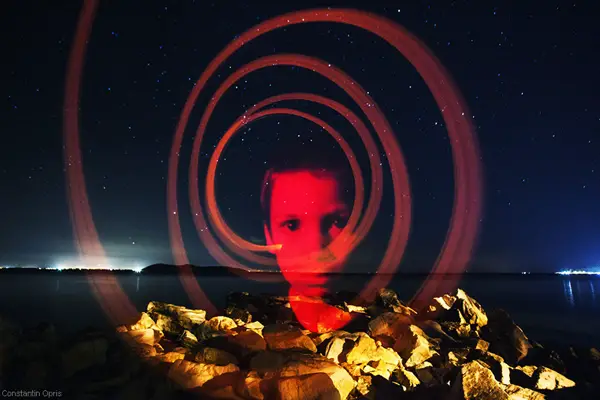
Education is not preparation for life; education is life itself. – John Dewey
You know, you don’t have to wait until your course is finished to become a photographer. You can become one right now. Especially because you don’t need anyone’s permission to publish your work or share your thoughts about what you are learning.
You can start building an audience. You can create your own ‘gallery.’ You can show your work.
Here’s where to look over your experiences, your observations, and create your own beliefs, thoughts, and processes.
- Post your work on Facebook, Tumblr, Instagram, Twitter and/or whatever websites fit your vision.
- Start a photography blog.
- Share your photography course with others.
- Show your work in coffeeshops, galleries or anywhere you can.
One Final Warning
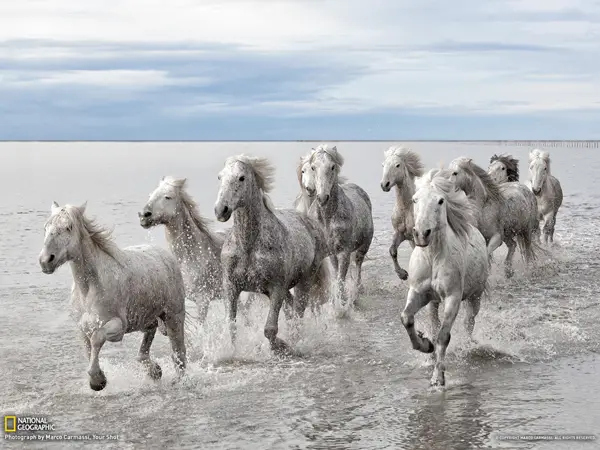
Education is learning what you didn’t even know you didn’t know. – Daniel J. Boorstin
Here’s one thing to be wary of…all the stuff you don’t know, you don’t know. If you were at RISD and started to suck at photography, people would recognize it. You’d flunk your exam or get a poor critique; then you’d be forced to change. Or heck, you might even be kicked out.
But if you’re running your own DIY-style school, you have to always be aware of what you don’t know. This can be a good thing because it forces you to be alert and attentive. It also instills an awareness that someone who went to art school might not get.
Here’s one last bit of wisdom from John Dewey to leave you with…
“The most important attitude that can be formed is that of the desire to go on learning.” -John Dewey
So keep at it and, who knows, maybe I’ll come to your opening at MoMA in a few years. 🙂
Now it’s your turn. What has helped you learn photography? Even if it’s just a few lines, we’d love to hear your experience with teaching yourself photography. Whether it’s a photographer, website or something else that inspired you, please type it into the comments below. Thanks!

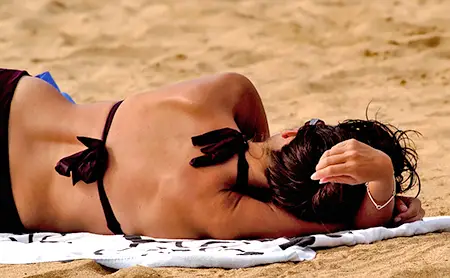
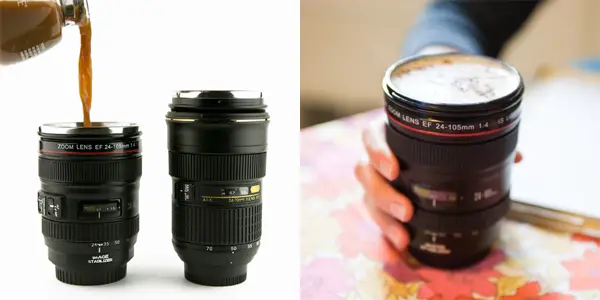
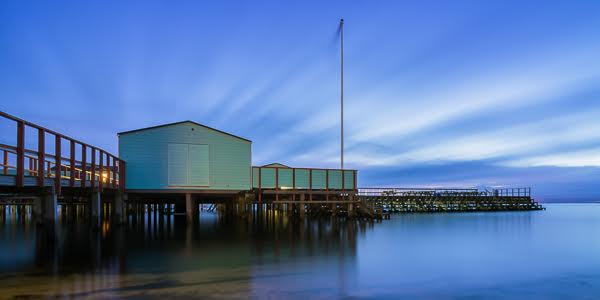





My photography journey started in 2009 when I visited Zanzibar for work at least for 8 months, I thought of different ways of capturing the moments, that is when I took a deep dive into writing (blogging) and photography as a self learner.